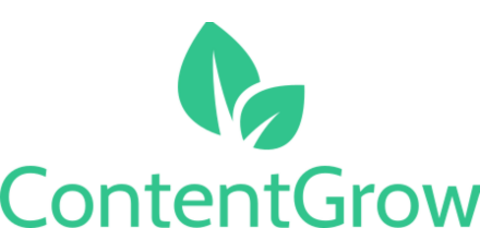LinkedIn and Love, Bonito tackle career questions women hesitate to ask
The campaign brings together voices across Asia to answer career questions women often leave unspoken
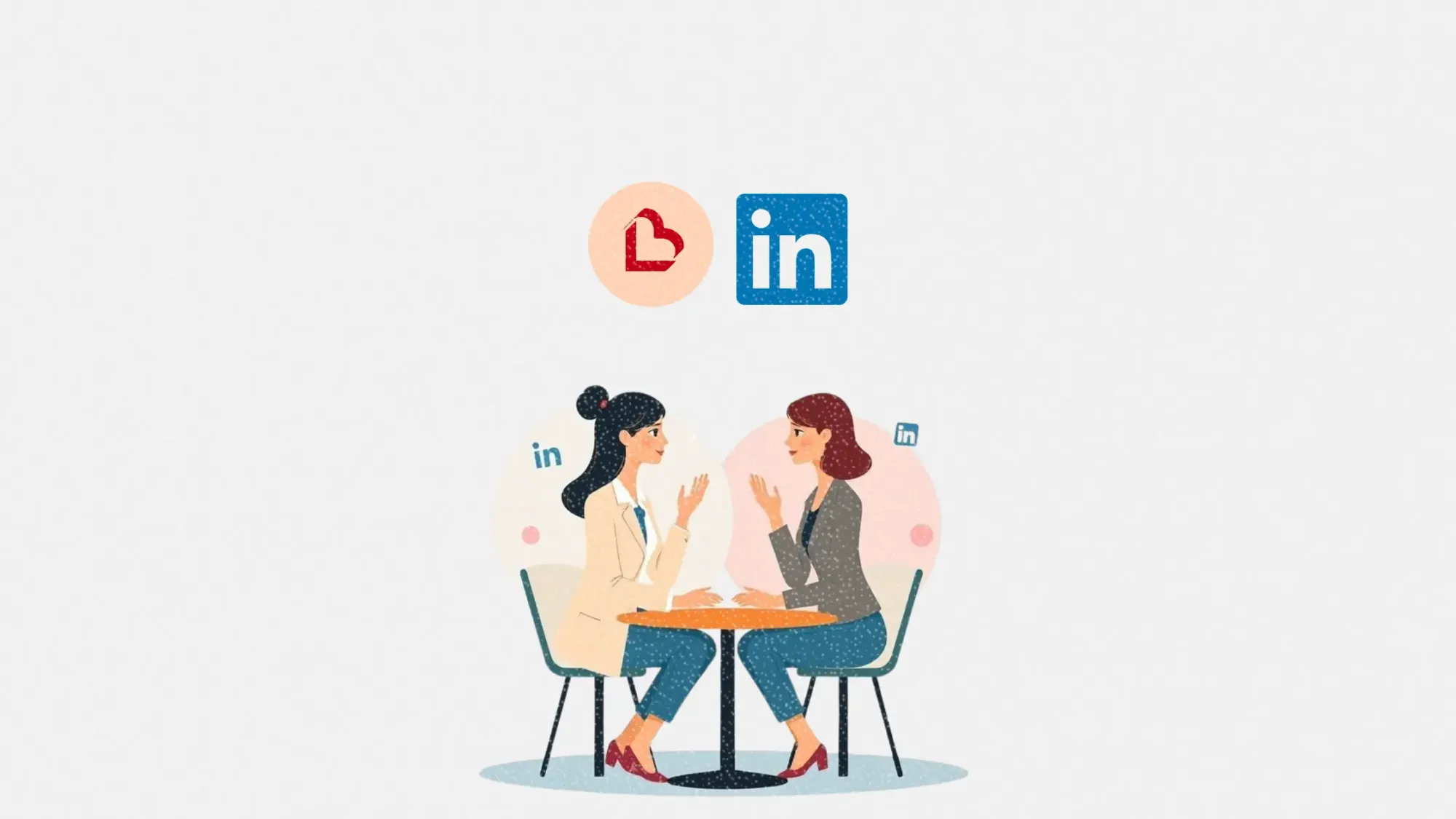
LinkedIn is partnering with fashion brand Love, Bonito to start a different kind of workplace conversation, one that centers the questions women often leave unspoken.
From navigating mentorship to communicating with confidence, the new regional campaign, titled “What we don’t ask: Career questions women should start asking”, aims to close the confidence gap that persists for many women in the workforce.
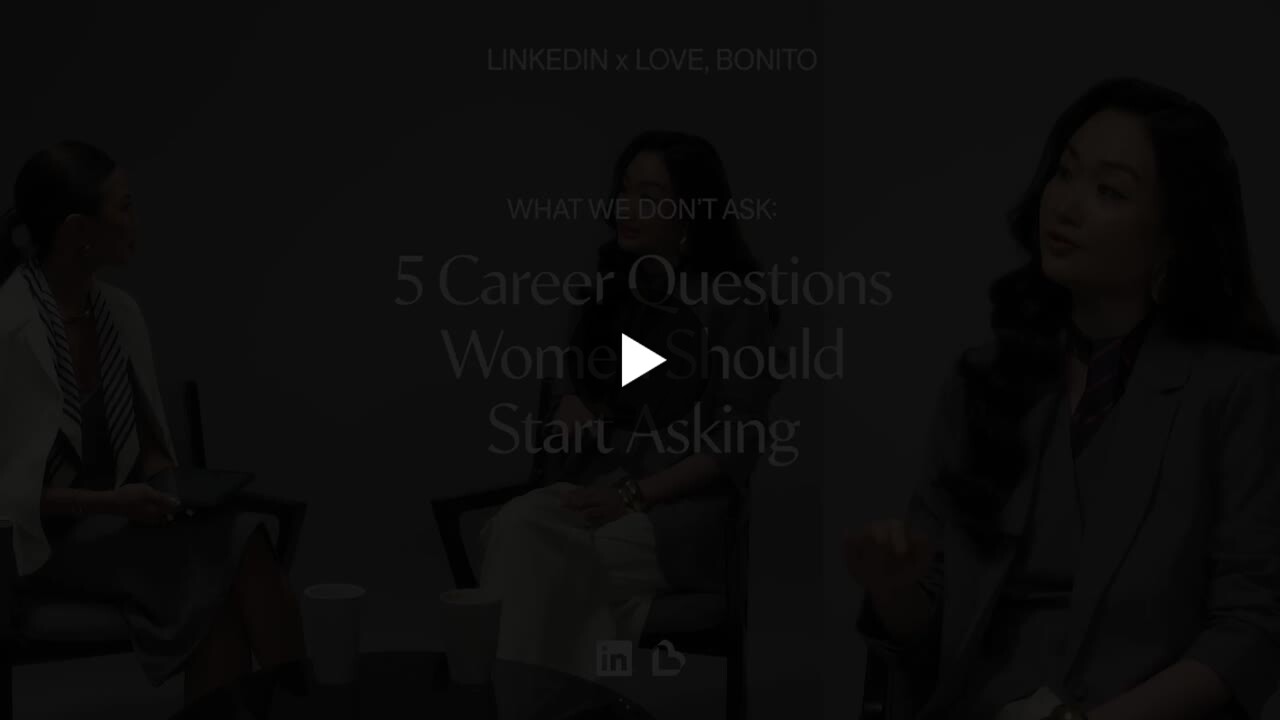
This article explores how the campaign was built, what it hopes to change, and why it matters for B2B marketers and brand strategists working in gender equity, community building, and employer branding.
Short on time?
Here’s a table of contents for quick access:
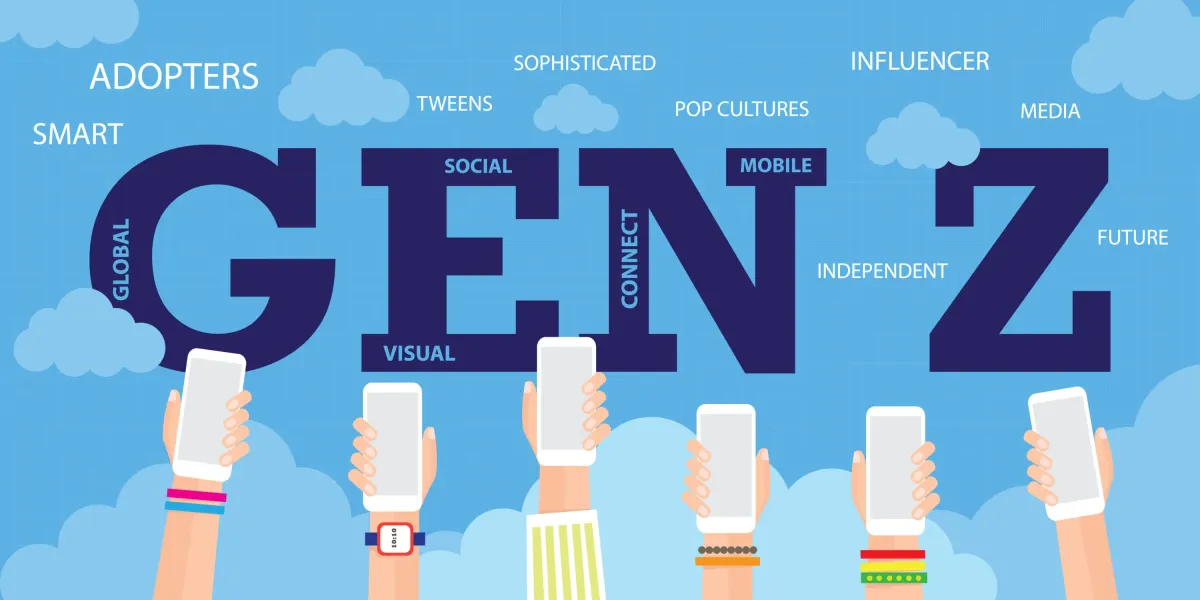
What's the campaign about?
Launched in late September and running through October, the campaign spans Singapore, Malaysia, Hong Kong, Indonesia, and the Philippines. It’s built around real career questions women hesitate to ask, answered by regional voices like:
- Dione Song, Love, Bonito CEO with Sumita Tandon, LinkedIn APAC HR director
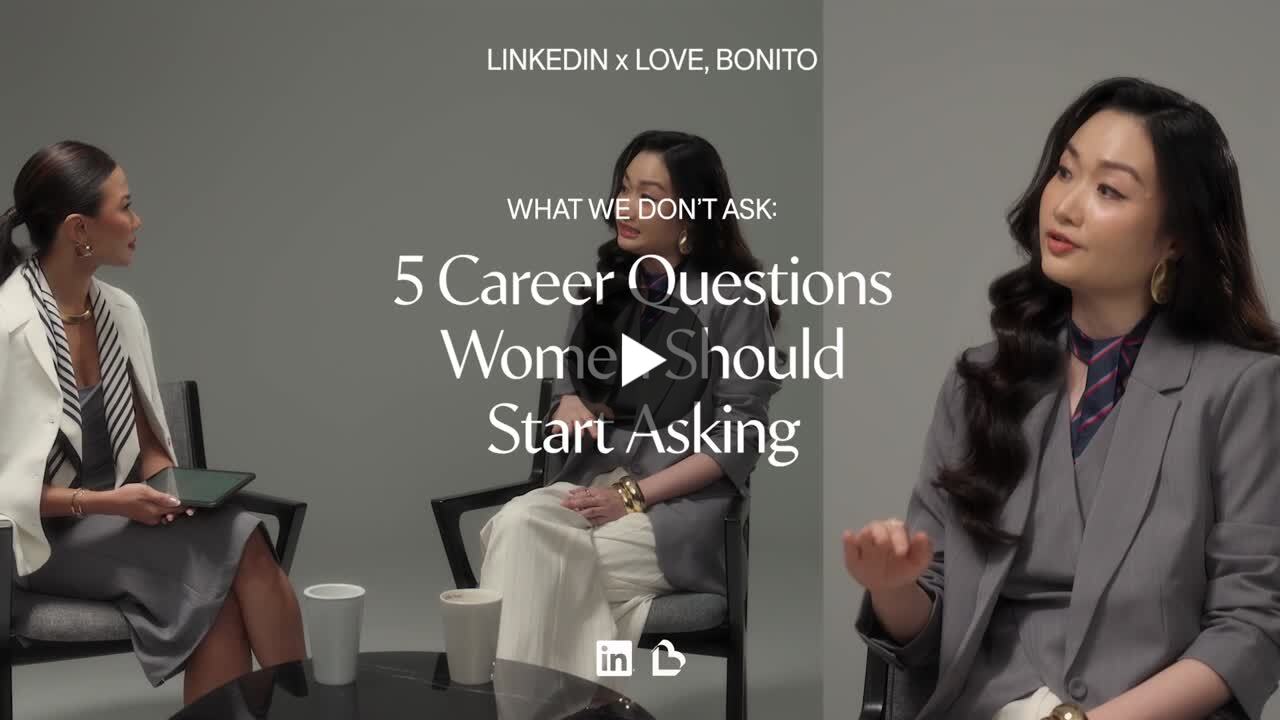
- Crystal Lim, one of Malaysia’s top 20 LinkedIn creators with Lee Yvonne, former Miss World Malaysia
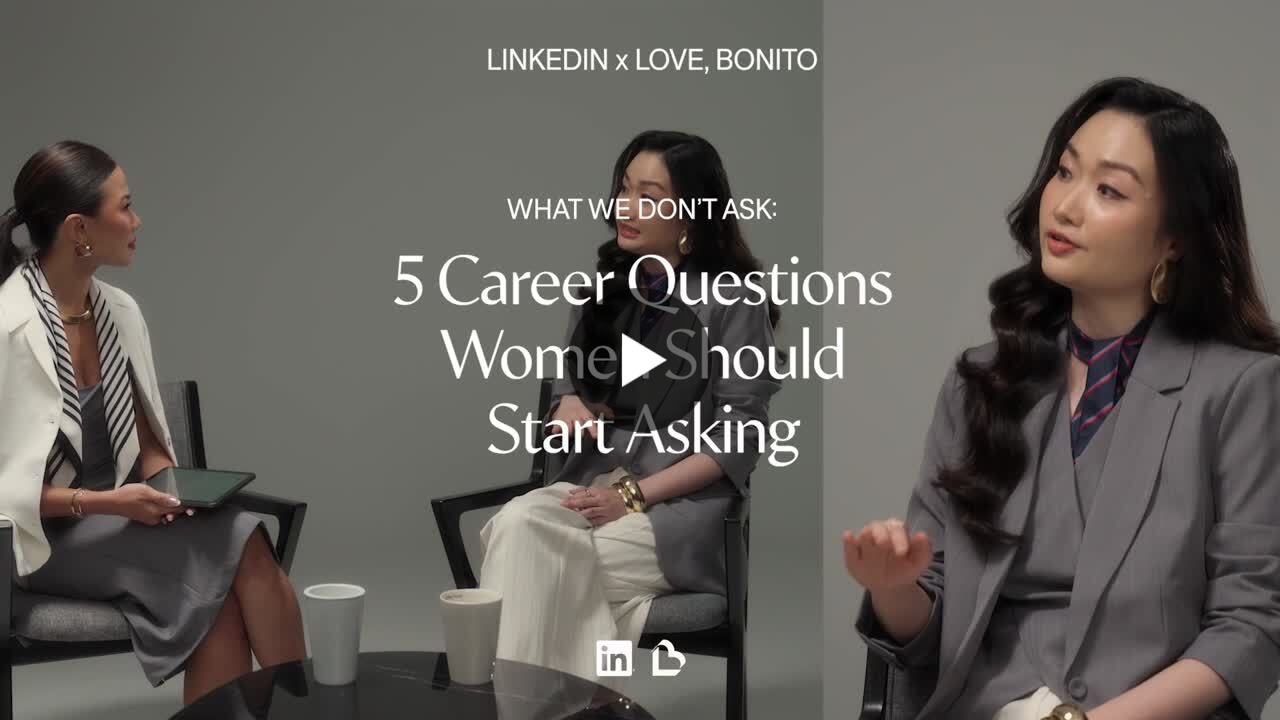
- Jacq Lim, Head of Operations and Strategy at Nas.io with Belle Rodolfo
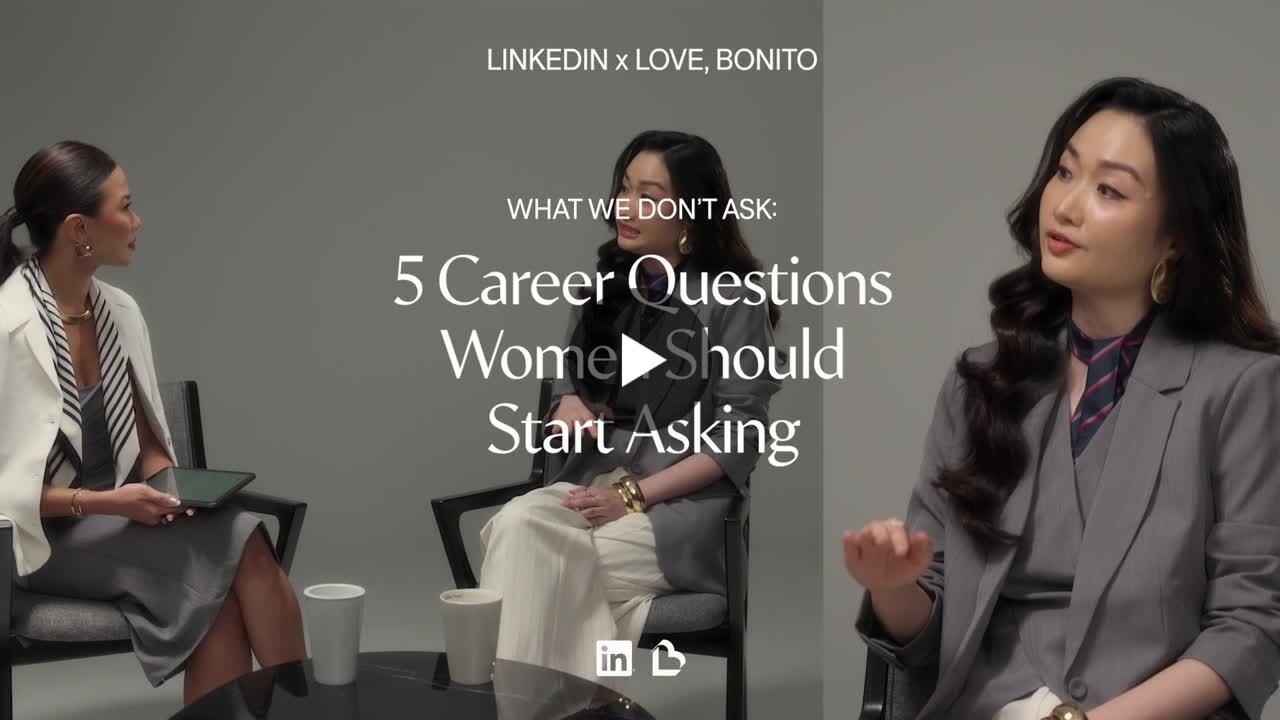
- Sylvia Yu Friedman, LinkedIn Top Voice in Hong Kong with Gianne Chan, Founder of Lexemedia
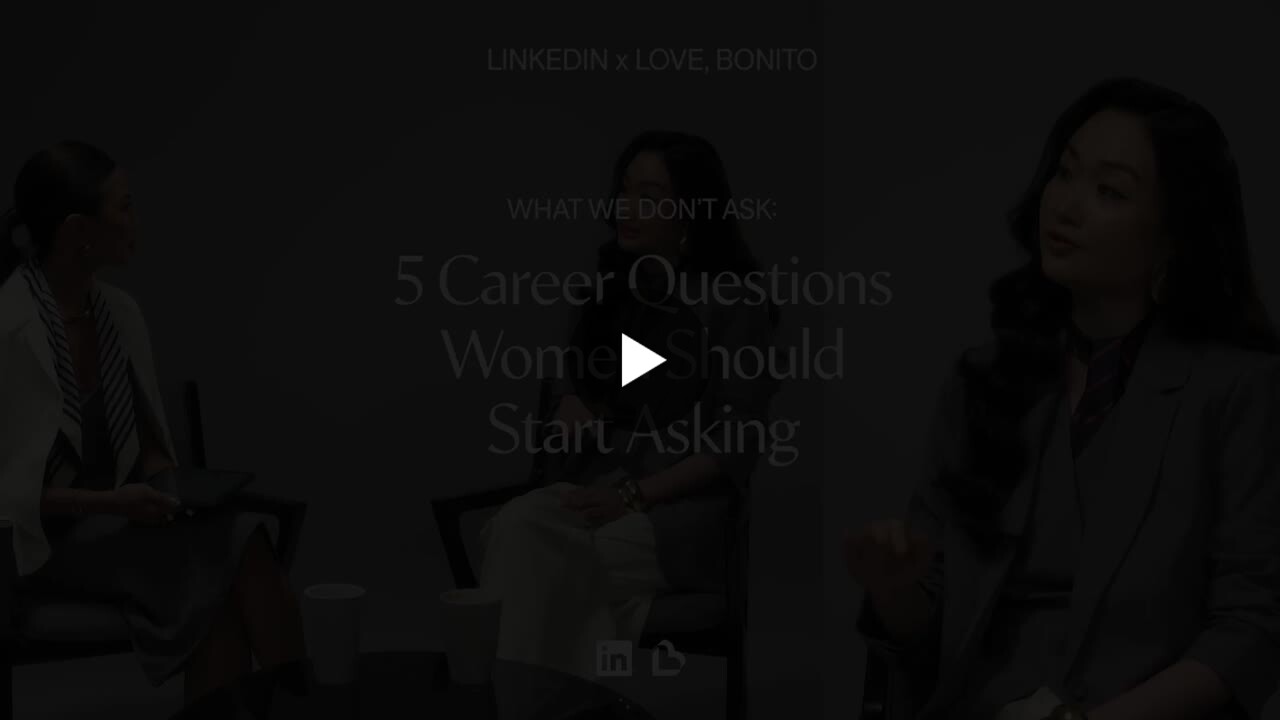
Each episode tackles a different barrier women face at work, from mentorship and communication to confidence and AI.
The series is co-created by LinkedIn’s in-house communications team and Love, Bonito’s marketing team, merging data-led insights with authentic storytelling.
Why this collaboration matters
While LinkedIn has led purpose-driven campaigns before, this marks its first brand partnership in Asia. It’s a strategic move that taps into Love, Bonito’s existing network of female consumers across the region, allowing the platform to expand reach and relevance.
For LinkedIn, the goal is aligned with its broader mission of creating economic opportunity, specifically by addressing the gender leadership gap. The company argues that this gap won’t close without collective action from business, policy, and society. In this case, it’s using both tech and storytelling to spark change.
Love, Bonito CEO Dione Song adds a cultural lens: “Fashion and identity are closely linked. Our mission has always been to empower women to live with confidence, and that extends to how they thrive at work.”
By bridging career advice with lifestyle branding, the collaboration positions both companies as advocates for women navigating modern work culture with practical tips backed by credible voices.
What marketers should know
This campaign offers a few takeaways for marketers working on brand, community, and DEI-led initiatives:
1. Co-branded purpose campaigns are still effective if they’re locally grounded
Instead of a broad, global push, LinkedIn and Love, Bonito localized this effort to five Asian markets. That regional nuance builds credibility, especially when featuring homegrown talent and voices with strong local followings.
2. Confidence is a business issue, not just a personal one
By framing confidence as something women build, not something they lack, the campaign avoids tired tropes. It offers marketers a reframing: messaging around empowerment needs to show access, tools, and examples, not just inspiration.
3. AI and human judgment aren’t opposites, they’re complementary
Both Tandon and Song emphasized that AI plays a supporting role, but mentorship, community, and lived experience remain critical. For brands building campaigns around tech and inclusion, this positioning can help strike the right tone.
4. Storytelling from the inside out builds trust
The fact that the series was developed internally by both brands, rather than handed to an agency, sends a message about authenticity. It also shows how in-house teams can shape powerful narratives when given the right mandate.
For B2B marketers and PR teams looking to build meaningful partnerships, this campaign is a useful case study in execution. It’s not just about ticking the DEI box. It’s about connecting tools, platforms, and lived experiences in a way that feels both human and strategic.
As platforms like LinkedIn continue to lean into purpose-driven storytelling, expect to see more brands following suit. The challenge is making sure those stories go beyond surface-level slogans and actually move the needle for the communities they serve.
